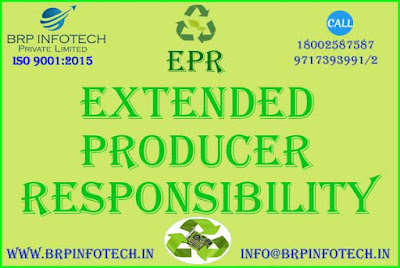Electronic device usage is unavoidable, but when we consider e-waste, it is necessary to dispose of such waste effectively. E-waste is not only hazardous for the environment but also has adverse effects on human health. E-waste has become a major issue in developing and developed nations all over the world. Scientists, along with environmentalists, suggest different ways to get rid of this problem.
India is one of the top 5 nations in the globe that is producing the largest e-waste material. So it is a serious concern. However, out of the whole e-waste, India has gathered Only 20% of e-waste material was for accurate recycling and management. That is why there is a need for rigorous e-waste managementservices in India, and it will happen with the help of e-waste management firms.
The efficient method of e-waste management is to support manufacturers to prepare eco-friendly material by maintaining the Extended Producer Responsibility process. As a result, the manufacturer has utmost control over product development, manufacturing, and marketing. Moreover, some responsible electronic manufacturing companies implement the EPR concept to reduce manufacturing costs and environmental pollution. Consequently, the EPR program has delivered numerous leverages to the country like Japan and China.
As per e-waste management rules, 2011 in India has launched The Extended Producer Responsibility (EPR) for the first time. The concept has made all electronic manufacturers liable for waste production management. The new amendments to the e-waste management rules have led to E-Waste (Management) Rules, 2016. The new E-Waste (Management) Rules, 2016 indicates that the producer of the electronic or electrical items have to accumulate electronic waste and recycle it to the extent
Here are the different characteristics of EPR in India
The EPR requires 3 responsibilities, and the amplification of these duties is preset by legislation. The 3 responsibilities are explained underneath:
Informative liability: It indicates that producer need to share information on the environmental features of the products they are producing
Economic responsibility: The manufacturer will compensate a comprehensive and major part of the expenditures, including e-waste collection, recycling, e-waste management, and end disposal of the products he/she is producing.
Physical liability: The producer needs to be physically available for product management, quality control, manufacturing, distribution, and effects. The manufacture can hold possession of its products during the whole product lifecycle and hence be liable for environmental harm that occurs through it.


